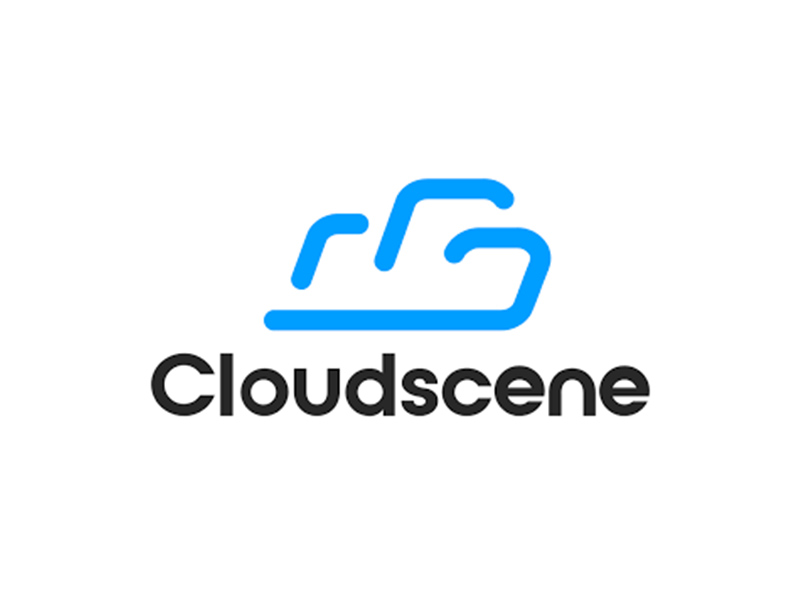Employees in any organisation are responsible for driving it towards success. In an era of increasing digital dependency, businesses need to tap into digital talent to ensure unwavering success. However, with digital transformation disrupting workplaces continuously, we are expected to see a gap in the digital talent market by 2020. It has become important to hire employees who possess not only the technical know-how but also the agility to keep up with the constantly changing landscape caused by digital transformation. BCG suggests, all organisations must adopt a strategy to hire, train and retain new digital talent and ensure ongoing skills development.
Recruitment processes need to incorporate big changes to successfully hire the right digital talent. Here are some top factors to consider:
Team up with Educators.
While it is important for businesses to have a structured skills development plan, education institutes should also realise their responsibility in helping students to steer their way into a rapidly-evolving job market. We are presented with a real issue of an impending skills gap. Most companies around the world are keen to hire fresh graduates and train them into being competent future digital leaders. Education institutes need to help bridge the gap between students realising their full potential and companies looking for bright, ambitious talent.
Invest in ‘Anchor Hires’.
An interesting strategy to attract top digital talent is to hire industry leaders. Such anchor hires and their personal networks have proved valuable in many top organisations. Hiring such industry leaders sends out loud and clear signals to prospective candidates about how ‘ahead in the game’ a company is. There needs to be a serious change in hiring mindsets to adopt a strategy like this since anchor hires require an autonomous work environment to thrive and accelerate a company’s efforts to grow.
Create a Digital Culture.
Organisations need to create a robust digital culture, one which would be ingrained within organisational ethos and align employees on a digital learning path. Such a culture would speak volumes about an organisation and its values, which would be key in hiring and retaining top digital talent. As BCG rightly points out, implementing a digital culture would mean “shifting the organisational psyche”. Instilling digital habits in basic business operations does require a major change in attitude of the decision-makers, but this would improve the overall appeal of a company as a prospective employer.
Change Recruitment Processes.
Recruitment, on the whole, needs to be reimagined. With new digital technologies springing to action, organisations are on the hunt for new technical talent. The catch is, however, that such employees do not necessarily follow the traditional recruitment paths. They may not be on a regular recruiter’s radar. This means recruiters need to freshen up their strategies to maximise hiring efforts in today’s world.
Digital Transformation takes into account a lot of different skill-sets but technology talent is becoming very important. If organisations are able to recognise the new technical skills in time, they would be able to enforce a better, transformed recruitment process.












